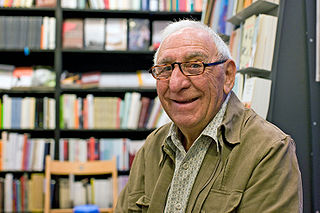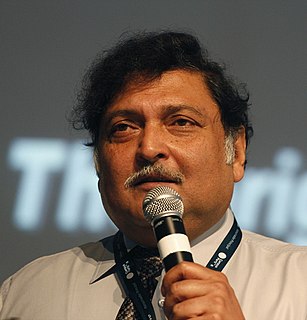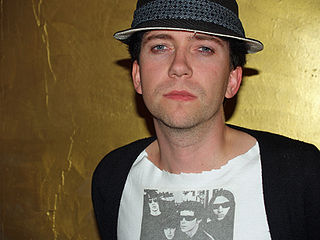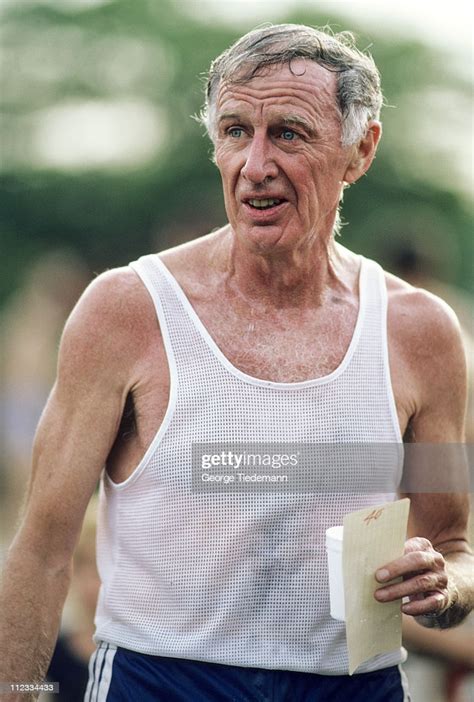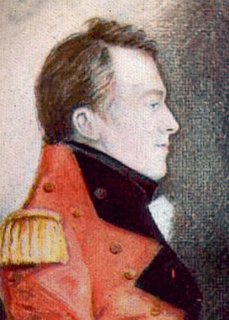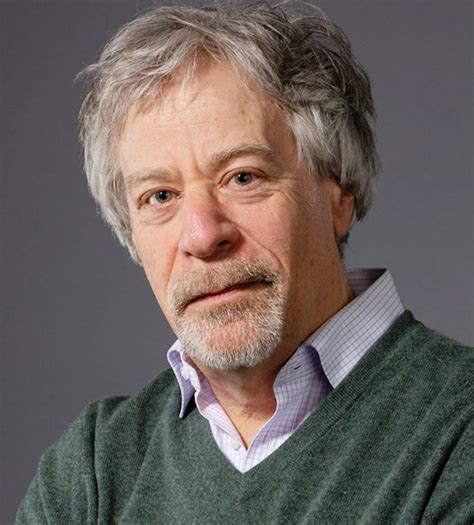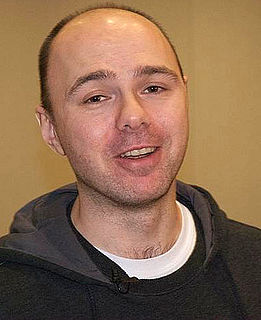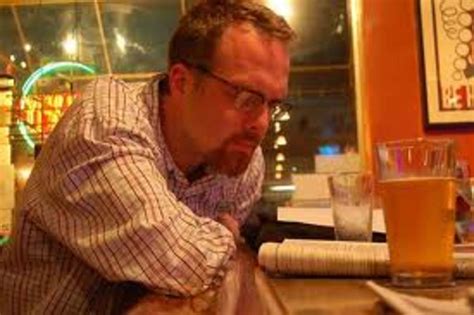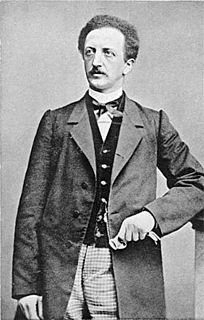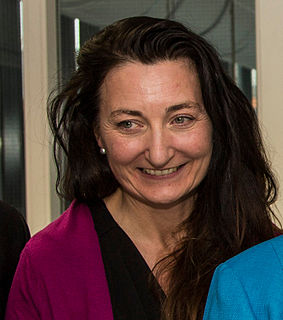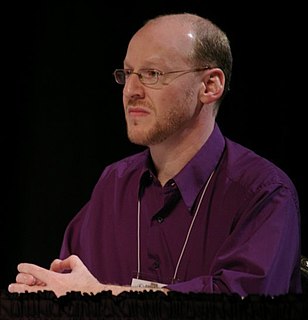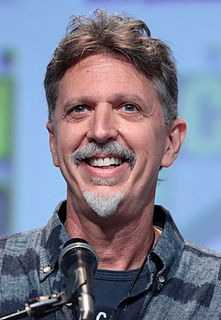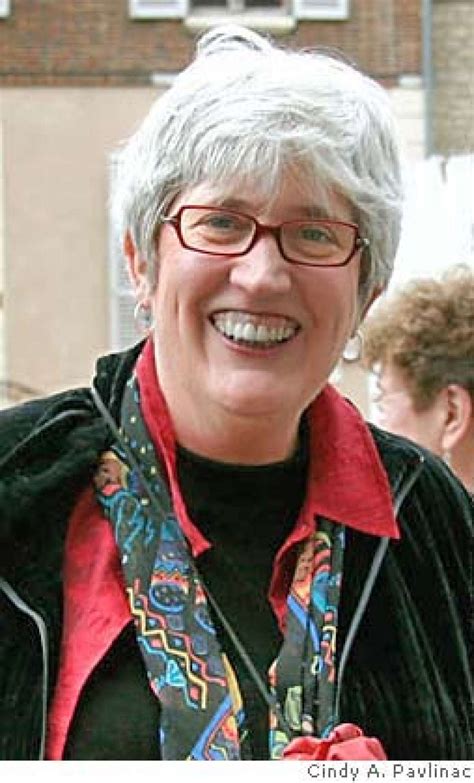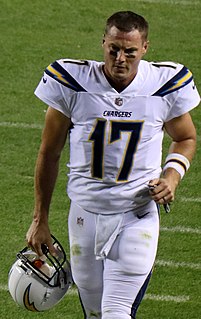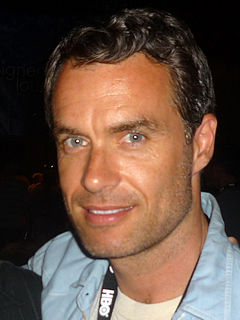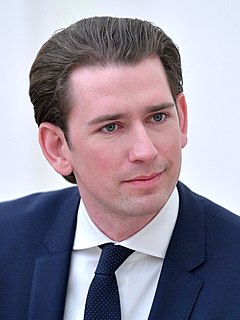Top 1200 Big Questions Quotes & Sayings
Explore popular Big Questions quotes.
Last updated on April 14, 2025.
All the songs are written from the perspective of a person, being me, who had trouble with some of the big questions in life, like, are we meant to be together with the same person for the rest of our lives? Or, is it frowned upon if a man goes through many women at all times? What is the meaning of love versus sex? It's just a lot of big questions, I guess, that are really difficult to answer. People see it very differently, but people sometimes suppress their lust. And it's not only sex. It could be lusting for anything that's supposedly very bad for you but can be good for you, too.
I do think questions have been raised and questions have to be answered.And there is no way to predict what comes in the door of that White House from day to day that can pose a threat to the United States or one of our friends and allies, and I think this is a big part of the job interview that we are all conducting with the voters here.
Indeed, the only truly serious questions are ones that even a child can formulate. Only the most naive of questions are truly serious. They are the questions with no answers. A question with no answer is a barrier that cannot be breached. In other words, it is questions with no answers that set the limit of human possibilities, describe the boundaries of human existence.
have a much harder time writing stories than novels. I need the expansiveness of a novel and the propulsive energy it provides. When I think about scene - and when I teach scene writing - I'm thinking about questions. What questions are raised by a scene? What questions are answered? What questions persist from scene to scene to scene?
Aristocratic depression has this cosmic dimension to it, where it's asking these big questions about, "Why?" "What is the purpose of all this?" Neuroses of the middle class is the banishment of aristocratic depression, because it's kind of this obsession with quotidian detail that pushes these larger questions away.
I gravitate toward the larger worldview questions such as, Why are we here? What are we supposed to be doing? What does it mean to know another person? To love someone? Of course, those questions are sort of in the background as I'm playing with language in the foreground, but those are the informing questions.
The cool thing about Watchmen is it has this really complicated question that it asks, which is: who polices the police or who governs the government? Who does God pray to? Those are pretty deep questions but also pretty fun questions. Kind of exciting. It tries to subvert the superhero genre by giving you these big questions, moral questions. Why do you think you're on a fun ride? Suddenly you're like how am I supposed to feel about that?
I have always been really picky about the films that I make, because I think that there's such an incredible opportunity to bring up questions when you're making movies, and some of my favorite films bring up big questions. They are movies that, when you walk away from it, it hits you as something deeper, and it's a great, fun way to be able to bounce around some of these harder concepts in our heads.
At teenage parties he was always wandering into the garden, sitting on a bench in the dark . . . staring up at the constellations and pondering all those big questions about the existence of God and the nature of evil and the mystery of death, questions which seemed more important than anything else in the would until a few years passed and some real questions had been dumped into your lap, like how to earn a living, and why people fell in and out of love, and how long you could carry on smoking and then give up without getting lung cancer.
The great philosophers of the 17th and 18th centuries did not think that epistemological questions floated free of questions about how the mind works. Those philosophers took a stand on all sorts of questions which nowadays we would classify as questions of psychology, and their views about psychological questions shaped their views about epistemology, as well they should have.
Matt Lauer asked her [Hillary Clinton] tough questions, in fact, questions that should have been asked and followed up on by the FBI in their investigation where they came to a rosy conclusion. So to me, this was actually very helpful. And I think obviously it was big moment there, right out of the bat when we had the naval officer who really put it to Hillary and said listen .
In the shows I've done serialized storytelling with, there are big open questions, but you like every episode to be identifiable as what it is. It's also very important that each season is identifiable. There's usually some big thing that you're trying to wrap up. There are big bows that you're trying to tie, by the end of the season, that you would do anyway because it's just good storytelling to tie those things up.
If you don't put the spiritual and religious dimension into our political conversation, you won't be asking the really big and important question. If you don't bring in values and religion, you'll be asking superficial questions. What is life all about? What is our relationship to God? These are the important questions. What is our obligation to one another and community? If we don't ask those questions, the residual questions that we're asking aren't as interesting.
There's no necessary connection between maximizing social utility or economic wealth and creating a flourishing democracy. The first does not guarantee the second. The only way to create a flourishing democracy is to find ways to reason together about the big questions, including hard questions about justice and the common good, to reason together about these questions so that we as citizens can decide how to shape the forces that govern our lives.
